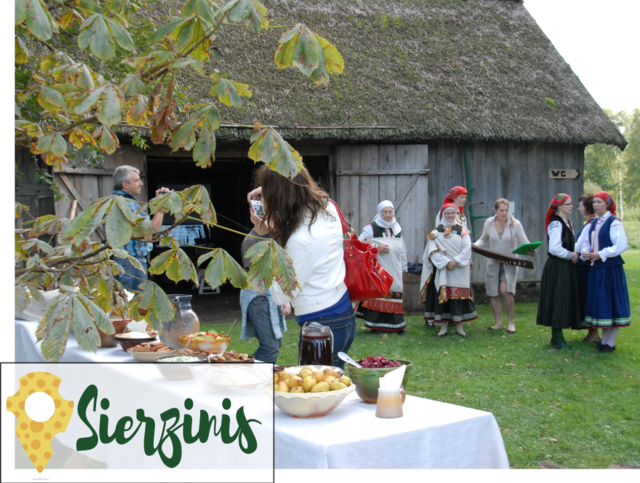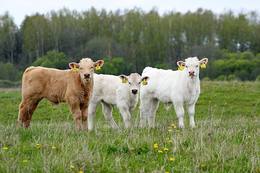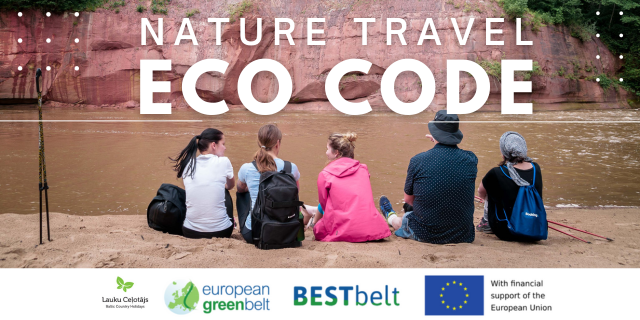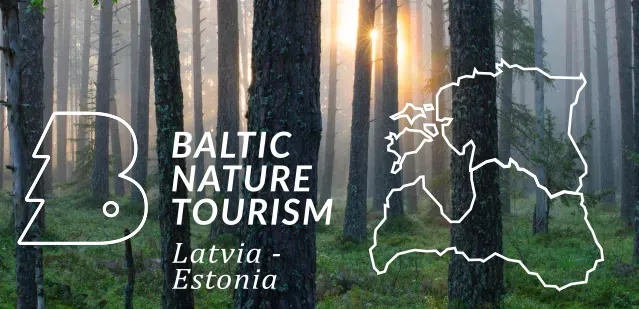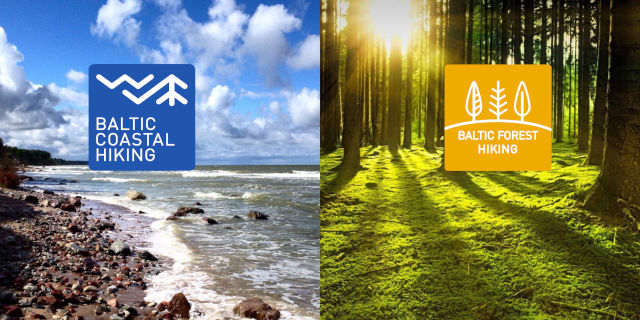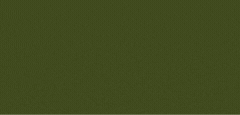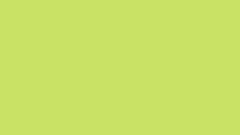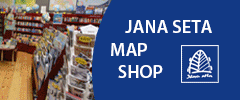
Cheese master - Tours
Milk has been drunk in the territory that is now Latvia since the Bronze Age some 2,000 years ago. To this very day, milk and dairy products such as butter, cheese, kefir, cream, etc., have been an inviolable component of our everyday lives and our material and non-material culture. Milk is spoken of in Latvian folksongs and legends, with the goddess Māra (Mārša) being the protector and milkmaid of dairy cows and a churner of butter. Ancient Latvians called cows māršavas, and the cows were often named after local rivers – Dzelme, Gauja or Rasa. The hope was that this would encourage the animals to produce more milk. Our holidays and celebrations, too, are unimaginable without dairy products. One of the main events of the year is the Summer Solstice, and Summer Solstice cheese is an inviolable part of the meal. Cheese in Latvia is made by farm women on single family farms, and it is produced at industrial levels. Latvian dairy products (butter, etc.) were known internationally during the first period of Latvia’s independence from 1918 until 1940, and the same remains true today.
Before setting off on your trip, contact your destinations to agree on the time that you will visit, the rules of the visit, the number of visitors and the price. Choose destinations according to your own interests, and certainly visit other sites while you are on your trip.
| Overview | Tour details |
|---|---|
|
Latvia
Livestock Farming TourThis is a professional livestock farming tour to visit farms that breed cows, sheep, goats and pigs. During the introductory day, participants will tour the Latvian capital city of Rīga, which is on the UNESCO List of World Heritage, and meet with representatives of the Latvian Agriculture Ministry and agricultural NGOs. The next morning it’s off to Kurzeme to visit a farm that breeds meat cattle. The second farm on the list specialises in the breeding of purebred and mixed breed cattle for siring, fattening and meat production. It sells piglets and offers pork, grains, potatoes and beekeeping products. In the evening we will visit Kuldīga to see Europe’s widest waterfall on the Venta River. The next morning we will travel to Vidzeme, where the first farm specialises in livestock breeding and intensive farming, while the second specialises in dairy farming and the production of grains and grasses. We will visit the ruins of the Koknese castle, which stands along the banks of the legendary Daugava River. In the evening, we will visit one of the largest goat farms in Latvia, with some 160 purebred goats (Alpine, Anglo, German White Noble), as well as hogs for breeding. Several types of cheese will be available for tasting. The next morning, we will visit one of Latvia’s largest sheep farms. The biological farm has about 250 head of sheep. The second farm grows grain and grasses and engages in dairy farming and livestock breeding. We will visit the Medieval castle in Cēsis, which was the residents of the masters of the Livonian Order and one of the most fortified fortresses in the territory of the Baltic States. At the conclusion of the day, we will go to Ungurmuiža Estate, which is one of the most outstanding examples of 18th century Baroque wood construction in Latvia. |
